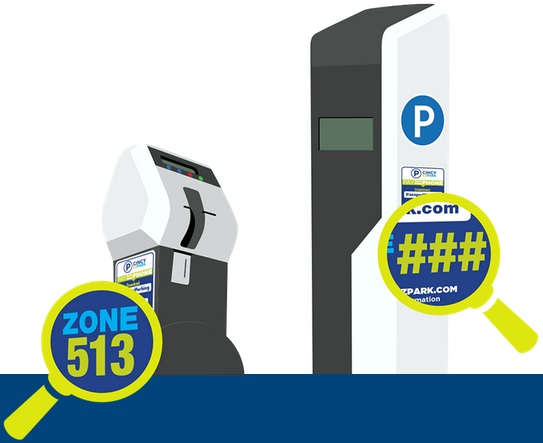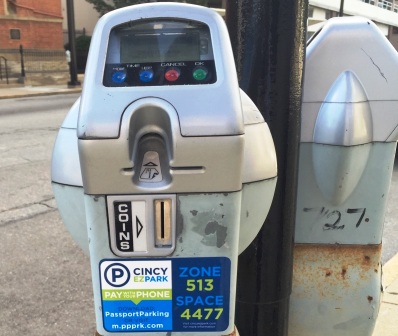 Cincinnati city officials announced last week that the more than 4,000 smart parking meters that have been installed throughout the city are now functioning in coordination with a new mobile app payment system.
Cincinnati city officials announced last week that the more than 4,000 smart parking meters that have been installed throughout the city are now functioning in coordination with a new mobile app payment system.
The announcement fulfills a long-held desire for motorists looking for more convenient ways to pay parking meter fees.
It is expected that such technology will help reduce the amount of tickets that are dolled out since drivers will now be able to refill their meter from anywhere, simply by using their phone. Those without smartphones capable of operating the PassportParking app will also be able to use their phones to reload meters by visiting http://m.ppprk.com, or by calling 513-253-0493.
“This enhancement is part of the City’s ongoing parking modernization plan to improve the quality and efficiency of the City parking system,” officials stated in a prepared release. “In accordance with these efforts parking rates were adjusted earlier this year, and motorists saw the introduction of prepay and extended hours.”
In addition to the convenience for parkers, the new technology also allows for local businesses to register so that they can discount the parking costs for their customers.
While the new technology will make payments easier and more convenient, it does not help motorists locate available on-street parking spaces, or utilize dynamic pricing that would encourage those looking for a parking space to navigate toward a lesser used area.
While dynamic pricing has been mentioned as a future possibility by both Mayor John Cranley (D) and City Manager Harry Black, it has not yet been made clear when that will take place.
“Pay-by-phone parking is representative of what we are doing across our organization. We are using technology to enhance services we offer our residents and visitors,” said City Manager Black. “This technology won’t replace more traditional means of paying to park at a meter, but it gives people a new, convenient option that makes visiting Downtown or business districts across Cincinnati easier.”
The mobile payment app, which charges a 25-cent convenience fee, will only work for on-street parking meters and kiosks – not off-street lots or garages. In order to properly use the system, drivers will be asked to input the zone, along with the meter number, into the application so that the payment can be traced to that particular space, and thus monitored by parking enforcement officers.
All of this comes after the contentious cancellation of the parking lease agreement put into place by Mark Mallory‘s administration in 2013.
Under that agreement, the City would have leased its on-street parking meters, along with a number of garages and lots, to the Port of Greater Cincinnati Development Authority, which then was to enter into operation agreement with Xerox. In return, the City would have received a large upfront payment, along with guaranteed annual payments.
The new structure maintains more control at City Hall, but it misses on the upfront capital, along with the guaranteed payments.
Instead, the City takes on the risk of meeting revenue projections and keeping operation and maintenance costs within their targets. One thing that remains the same is the presence of Xerox, although their role appears to have been greatly diminished from what it would have been under the Mallory administration deal.
So far the response to the new parking meters and payment functionality has been positive, although some neighborhood business districts, where the meters are arriving for the first time, have experienced some temporary glitches with pricing and hours of operation programmed into the meter.

